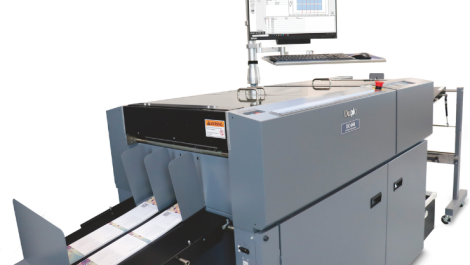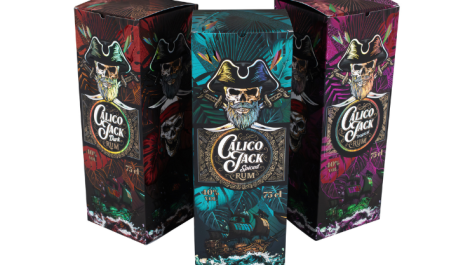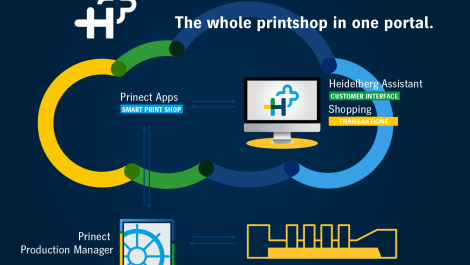The weekly Verdigris blog by Laurel Brunner
All the people who chat about print fading away must not have noticed the rising number of book fairs around the world.
The Jaipur Literary Festival is one that springs to mind. It started in 2006 and has grown to be the largest event of its kind. An immense endorsement of all aspects of the book, this is just one of many events that at their heart are about communicating ideas, mostly in print for which they are a ringing endorsement.
The London Book Fair is an annual talkfest for writers, publishers, distributors and producers. Ricoh Europe will be there to discuss the evolution of the book industry and present the results of its research into the European book industry. Ricoh is a Verdigris supporter and has been in the top ten of the world’s most sustainable companies for many years.
At the show Ricoh will be discussing new technology and innovations for book fans. The company has been working with leading European publishers to get a better idea of what they want and expect for the future. The Ricoh research is not limited to European applications as many big European publishers have operations elsewhere.
There is a common theme that the on demand model is gaining traction and that there is a definite offset-to-digital conversion. This is great news for the environment because it will reduce the amount of books going to waste. The book industry’s production model is changing but there is still too much emphasis on mass production. Ricoh has been asking publishers about the viability of the printed book in an electronic media world and it seems print is still viable for many trade publishing sectors. The pressure to switch to a digital production model is not yet acute, but this is mostly a matter of economics and understanding how best to deploy technology. If a publisher knows they well sell gazillions of copies of a title worldwide, offset is the most cost effective production method. But the biography of a much loved but relatively obscure poet is probably best produced on demand. Matching method to market is key, as is being able to anticipate inventory requirements.
This is all good news for the environment. It sounds like book production is now in Ricoh’s sights. If it is, we hope to see more engagement with publishers as well as printers to develop new business models ideally integrated with social media and print on demand. This would reduce the volumes of production waste, and help keep print’s carbon footprint down.
http://verdigrisproject.com/blog/brought-to-book
This article is part of the Verdigris series of stories about understanding the environmental impact of print. The Verdigris Project is supported by Agfa Graphics, Canon Europe, Digital Dots, drupa, EcoPrint, EFI, Fespa, HP, Pragati Offset, Ricoh, Splash PR, Unity Publishing and Xeikon.





